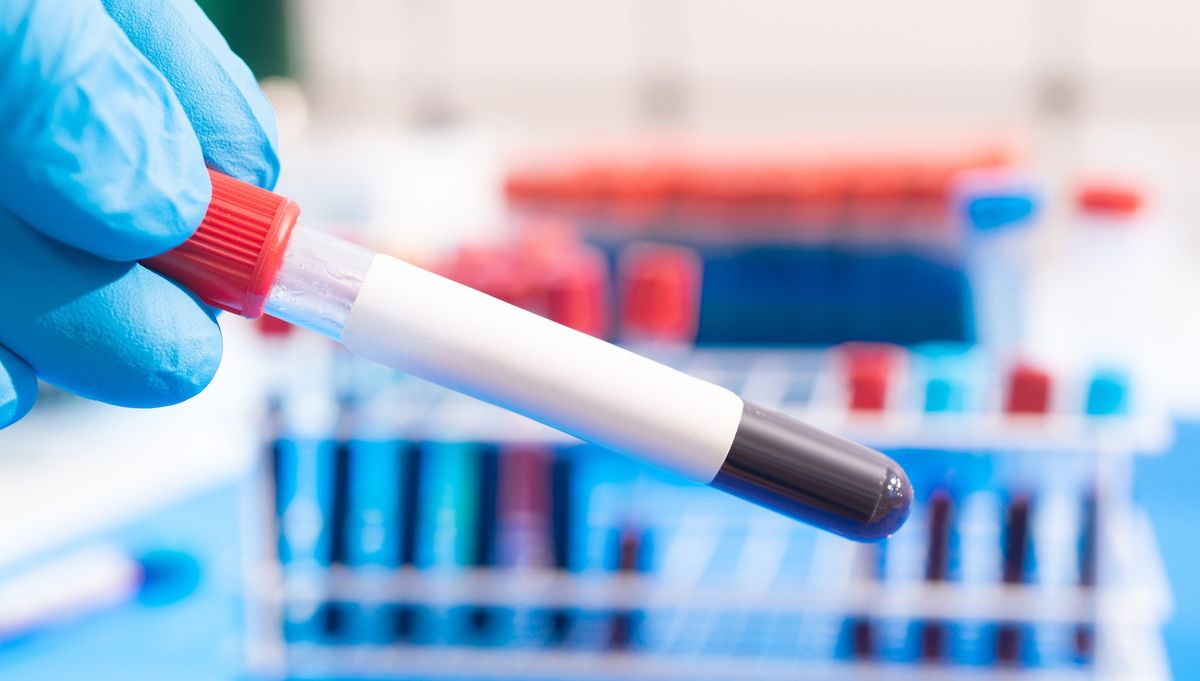Now Reading: New Blood Test May Detect Cancers Years Earlier, Study Finds
-
01
New Blood Test May Detect Cancers Years Earlier, Study Finds
New Blood Test May Detect Cancers Years Earlier, Study Finds

Quick Summary
- A study published on May 22 in cancer Revelation suggests blood plasma can harbor DNA changes that may detect cancer years before standard diagnostic approaches.
- Researchers analyzed plasma samples collected up to 40 years ago, focusing on DNA linked to precancerous or cancerous cells from participants who later developed cancer.
- In six patients, the researchers identified traces of mutations three years prior to a diagnosis, confirming the feasibility of early detection for some cases.
- Tested cancers included breast, colon, liver, lung, pancreas, and rectal cancers. However, the methodology might not be as effective for all tumor types (e.g., brain).
- Detection rates remained low: DNA errors were identified in onyl some plasma samples and failed fully for many participants who subsequently developed tumors.
- the test requires sequencing patient DNA-which could cost thousands-and is recommended primarily for at-risk groups rather than general populations due to cost concerns.
- Larger studies across diverse genetic populations are necessary before clinical adoption. Widespread use is likely 5-10 years away.
!A photo of a gloved hand holding up a tube of blood in a laboratory
Caption: Scientists say blood plasma can carry signs of cancer years before the disease is typically diagnosed. This could open a door to earlier interventions.
(Photo credit: WLADIMIR BULGAR/SCIENCE PHOTO LIBRARY via Getty Images)
Indian Opinion Analysis
India faces unique challenges when it comes to widespread implementation of cutting-edge disease screening technologies such as this proposed early-stage cancer test. While the potential breakthrough highlights exciting possibilities for early intervention-especially benefiting patients with hereditary risks-it also underscores practical obstacles regarding access and affordability.The high costs associated with genome sequencing would limit applications outside select metropolitan centers or wealthy demographics unless subsidized by public health efforts.
Moreover, scaling such diagnostics will require extensive validation studies across genetically diverse populations-a critical step given India’s vast ethnic diversity compared to Western-centric research cohorts used thus far. If proven effective and economically viable over time through global trials and innovation incentives like “Make in India,” integrating this technology into primary healthcare might elevate preventive care standards nationwide.
Read More: Link


























